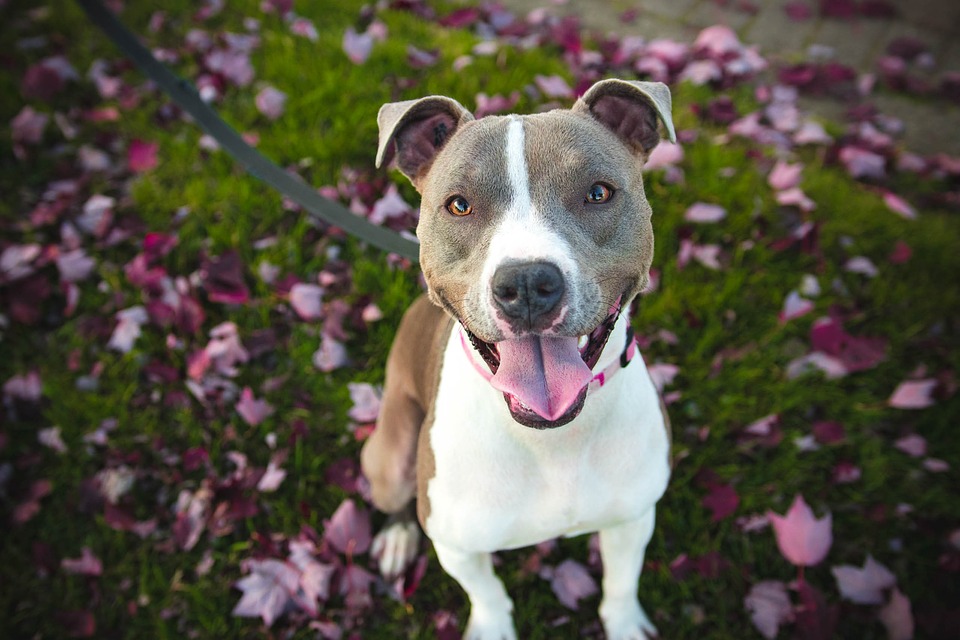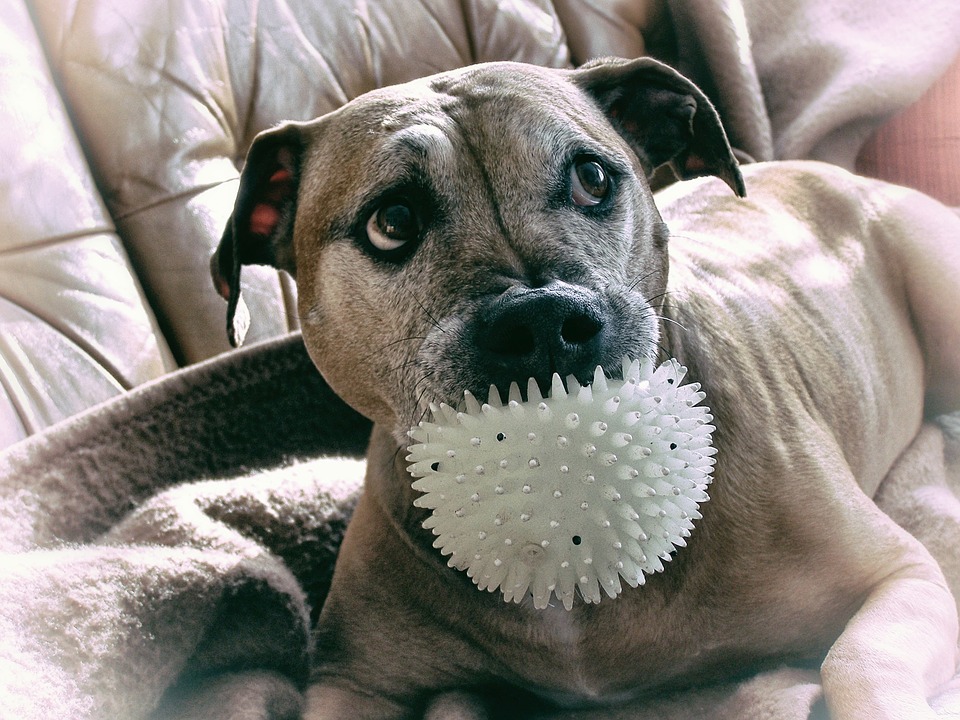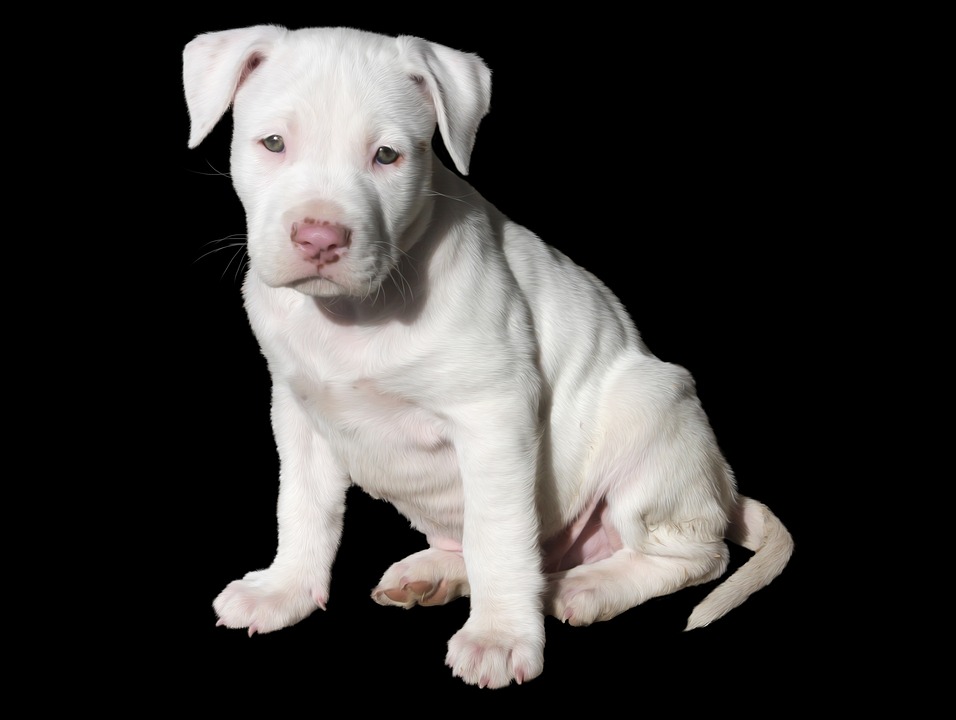The American Pitbull Terrier is a companion and family dog breed. Its tenacity, gameness and courage makes it a popular competitor in agility and obedience competition. Affectionately known as “Pitties,” the Pitbull is a loyal, protective and athletic canine breed.
The American Pitbull Terrier
Vital Stats of Pitbulls
Vital Stats of Pitbulls include the following:
- Dog breed group: Terrier dogs
- Height: 17 to 19 inches
- Weight: 30 to 90 pounds
- Lifespan: 12 to 14 years
Physical Characteristics of Pitbulls
The standard size of the American Pitbull Terrier can vary for medium to large. This breed has a stocky, muscular build and a short, smooth coat varying in color. Since this breed is a mix between types of Bulldogs and Terriers, the size color of the Pitbull can fluctuate.
The bodyof the Pitbull is long, with a short, whip-like tail that ends in a point. This breed has small- to medium-sized ears which are high on its broad, flat head. Pitbulls most defining facial characteristic is their wide, powerful jaw.
The Pitbull’s Personality
Pitbulls love people and have no idea that their size is something of deterrent to being a lap dog. The personality of the Pitbull is confident and keenly aware of their surroundings. They are watchdogs in that they may alert you to the presence of strangers. However, that’s primarily because they are eager to greet “their guests.
Caring for Pitbulls
Because the Pitbull is a highly energetic and active breed, caring for a Pitbull requires spending about an hour a day walking, playing with or otherwise exercising. While they love people, this breed is strong for its size and can be stubborn if left to their own devices. Start obedience training early for Pitbulls, and continue it throughout their life. Training is the foundation for a strong relationship with your American Pitbull Terrier.
Pitbulls can’t tolerate the cold well, so avoid leaving them outside for long periods of time. Even regardless of the climate, these dogs do best as house dogs. This breed forms a strong attachment to their families and will suffer if left alone for long periods.
Health of Pitbulls
Since the American Pitbull Terrier breed is very athletic and has a diverse breeding background, it tends to be hardy.
There are a few genetic conditions to be watchful for when it comes to the health of Pitbulls. These include the following:
- degenerative myelopathy
- kneecap dislocation
- mange and skin allergies
- thyroid and congenital heart defects
History of the Pitbull
The origins of the Pitbull traces back to the early 19th-century England, Ireland and Scotland. Their ancestors were the result of experimentally crossbreeding different Bulldog and Terrier breeds for the purpose of bear- and bull-baiting. After the ban of baiting in the 1800s, the Pitbull eventually came to North America with the help of European immigrants.
The American Kennel Club does not recognize the Pitbull because of its controversial origins, which has resulted in the formation of two separate clubs for the specific purpose of registering Pitbulls. The first was the United Kennel Club (UK), which was formed by found C.Z. Bennet in 1898. The founder’s dog, Bennett’s Ring, was assigned UKC registration number one, which makes it the first registered Pitbull in recorded history. The American Dog Breeders Association (ADBA) was the second club, which began in 1909 as a multiple breed association. However, it has been dedicated mainly to Pitbulls, as the original president, Guy McCord, was an avid fancier and breeder of the American Pitbull Terrier.
Contrary to its dubious reputation as an aggressive breed, the Pitbull is known by many as a friendly dog with an outgoing disposition. Many of those who are loyal to this breed are becoming more active in the education and training of the breed, making the Pitbull become an extremely popular companion once again. Don’t hesitate to contact us with the link below for more information on the Pitbull or other dog breeds.
















